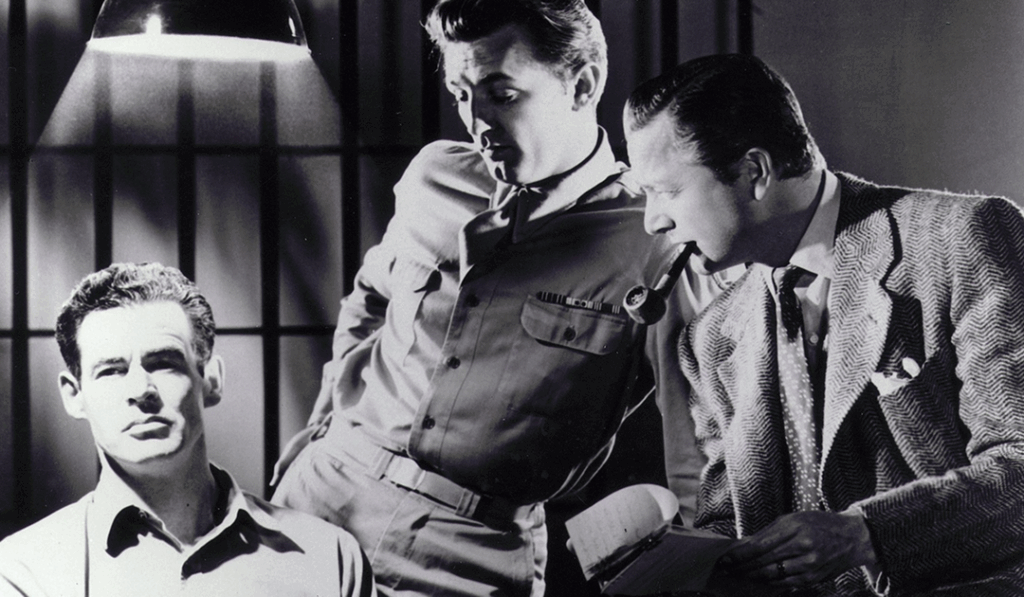Every once in a while, emotions get hot at the negotiation table. While I have never been struck, someone has threatened to kill me out of frustration. Twice. (But it was the same person, and I was not the only one threatened!)
Often, though, an emotional outburst can be a tactic. “Influence by volume” is not an unusual ploy for inexperienced or highly positional negotiators to demand they get their way.
So how do we learn to deal with a party who, either voluntarily or involuntarily, has decided to start yelling, pointing a finger at you, and demanding you agree to this… NOW!
Go Golden Retriever.
It’s a phrase that, for me, is now a reflex as soon as someone starts to get emotional in any context. When I sense the emotions of the other party starting to rise, I say to myself, “Go Golden Retriever.” Then, I sit back, place my hands apart on the table and breathe deeply. And wait.
Certainly, someone reading this can tell me how it reflects a meditative state, but that’s not where I learned it. This is what my dogs taught me about negotiations.
I have two Golden Retrievers and the one thing Golden Retrievers have over just about any other dog is patience. They will wait you out. Forever. Quietly. Stoically. And looking cute through the process.
Ever try disciplining a Golden Retriever? When you yell “bad dog” and try to correct their behavior, they just calmly stare back. After a while, you feel silly yelling at this peaceful pup who is just waiting for you to stop making noise and go back to petting her.
Likewise, at the negotiation table. While business discussions should not get personal and emotional, it does occur. The worst thing you can do is respond in an emotional way and escalate the situation. Instead, get quiet. Really quiet. And when it is time to respond, wait 10 seconds. Let the fury of the other party echo off the walls for a moment. Then, use the calmest, softest voice you can muster, despite what is churning in your head.
What happens is everyone else in the room immediately gets it: you are in control, and the other party is out of control. If the other party is aware, that will be the last time they try that tactic. If not, do it again. And again. Eventually, the room grows tired of the outbursts and the other side may even remove their negotiator. In the meantime, your standing as the more experienced and trusted person in the room grows.
In the case of my dogs, there is never a question about who is in control. They are.
(Please share your own negotiation experiences below so, together, we can improve our negotiation mastery.)
Click the “Subscribe” button above to receive a monthly tip to help you become Running The Room.



